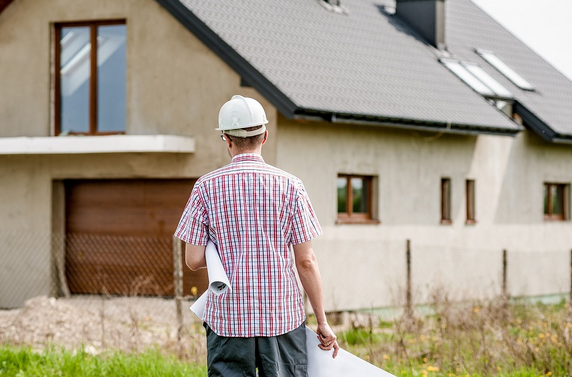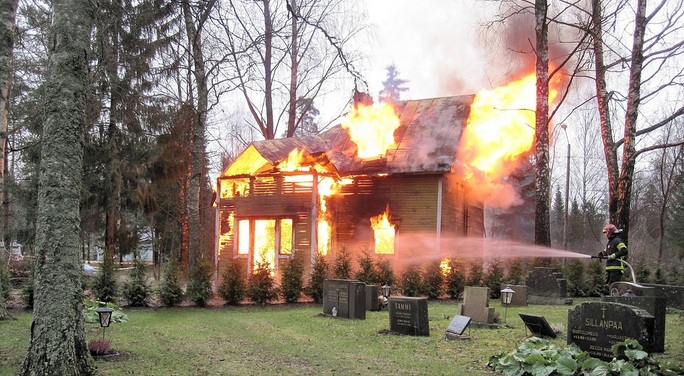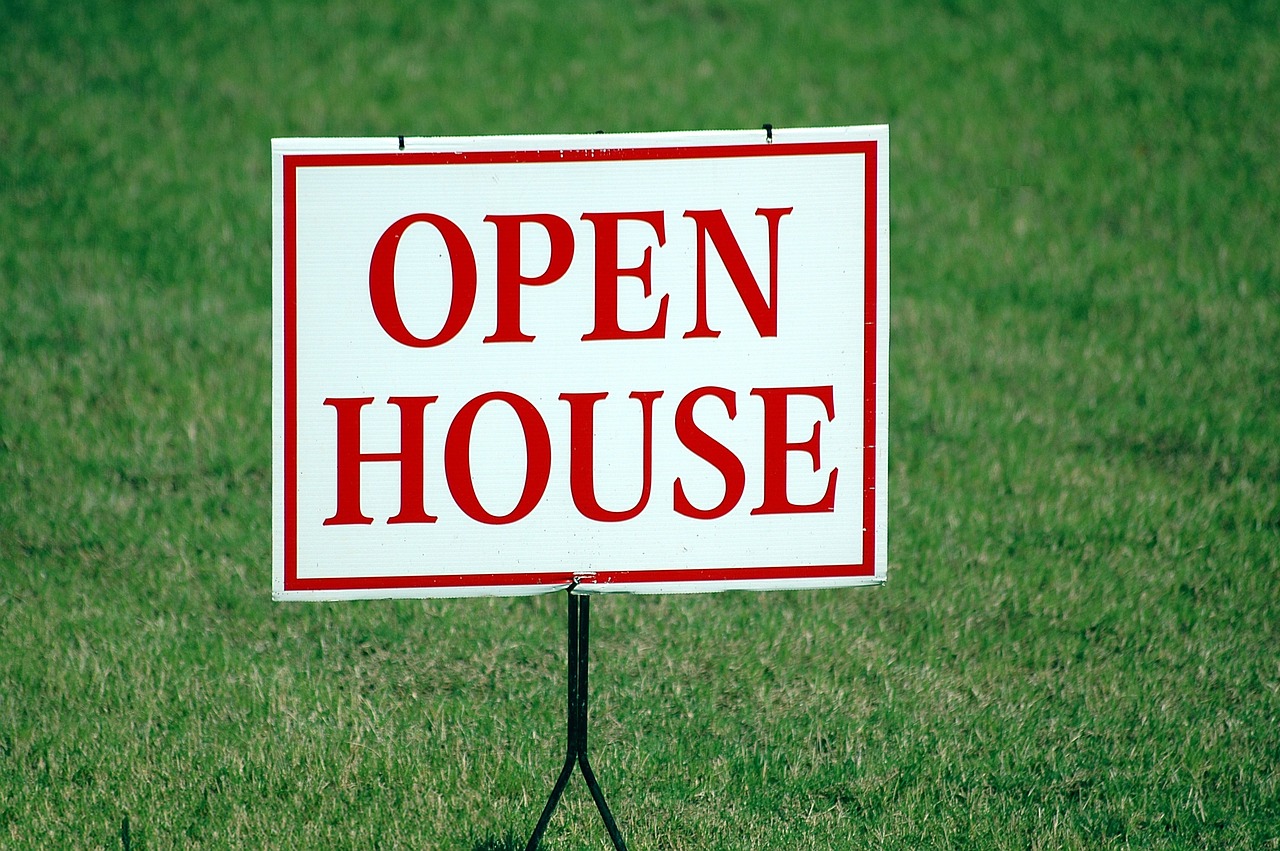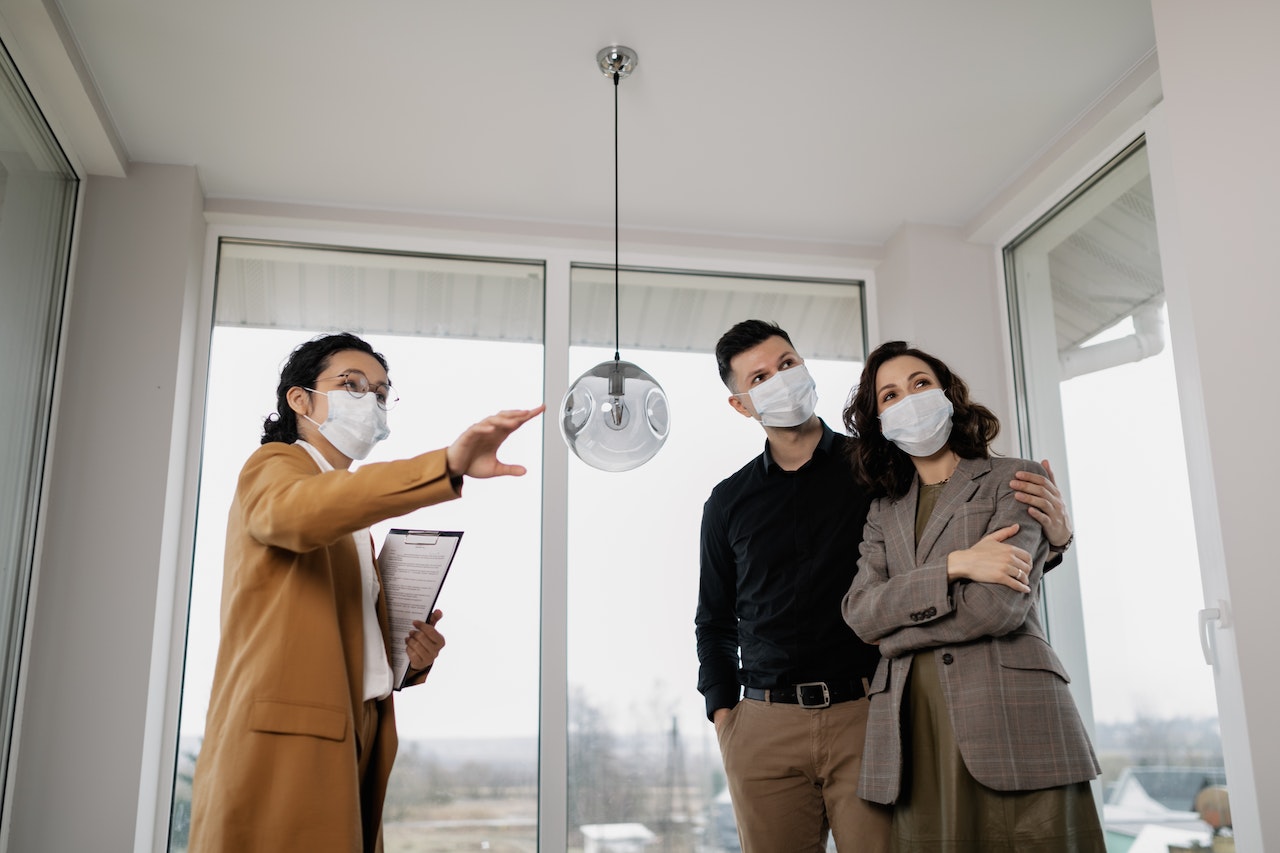Factors to Consider Before You Buy a Fire-Damaged House
Investing in real estate is an exciting endeavor, and for those seeking a unique opportunity, buying a fire-damaged house is a lucrative option. However, such properties come with their own set of challenges and considerations. Before buying a house with previous fire damage, it is crucial to weigh the factors involved carefully. Below are various factors to consider before buying a fire-damaged house to help you make an informed decision.
Structural Integrity

Before purchasing a fire-damaged house, conducting a comprehensive structural assessment is paramount. Fires can cause significant damage to the foundation, walls, roofs, and other vital components of a property. Engaging a professional structural engineer or licensed contractor to inspect the property will ensure that you have a clear understanding of the potential repair costs and whether the structure is safe for habitation.
Fire Damage Extent
Understanding the extent of fire damage is crucial when evaluating a property’s value and rehabilitation costs. Fire damage is not limited to visible destruction; hidden damage in electrical systems, plumbing, or insulation could pose additional expenses. Working with experienced home inspectors and restoration specialists will help provide a comprehensive picture of the repairs needed, enabling you to estimate costs accurately.
Insurance Implications
Fire-damaged houses often come with complex insurance considerations. It is important to ascertain the status of the homeowner’s insurance policy on the property and whether any claims have been made or are pending. Understanding the insurance history will help you determine if coverage exists and how it can be transferred to the new owner. Consulting with an insurance expert can help you gain valuable insights and guidance in navigating this aspect effectively.
Remediation and Restoration Costs

Rehabilitating a fire-damaged house can be an expensive undertaking. Before purchasing such a property, estimating the restoration costs is essential to ensure it aligns with your budget and investment goals. Obtaining quotes from reputable contractors and restoration specialists will allow you to assess whether the financial commitment is worthwhile and fits within your overall investment strategy.
Local Building Codes and Permits
Each locality has specific building codes and permit requirements that need to be considered before purchasing a fire-damaged house. Depending on the extent of the damage, the property may need to undergo substantial renovations or rebuilding to meet current code requirements. Familiarize yourself with these regulations and consult with local authorities to understand the scope of work needed and any potential roadblocks.
Buying a fire-damaged house can present a unique investment opportunity for those willing to undertake the challenges involved. However, extensive due diligence is required to establish a lucrative and successful operation. Throughout the process, consulting specialists in several sectors can give essential insights and direction, assisting you in navigating the challenges of purchasing a fire-damaged property.…
Read more →

 You never get a second chance to make a first impression, and this holds when it comes to selling your house. Potential buyers will form an opinion within seconds of stepping foot into your home, so it’s crucial to create an immediate wow factor. One way staging helps with this is by enhancing curb appeal. When buyers pull up to your property, they should be greeted with a well-maintained exterior that exudes charm and invites them in. This may involve simple tasks like freshening up the landscaping, adding a pop of color with flowers, or repainting the front door. Once inside, attention to detail becomes key. Staging can help highlight the best features of each room while downplaying any potential flaws.
You never get a second chance to make a first impression, and this holds when it comes to selling your house. Potential buyers will form an opinion within seconds of stepping foot into your home, so it’s crucial to create an immediate wow factor. One way staging helps with this is by enhancing curb appeal. When buyers pull up to your property, they should be greeted with a well-maintained exterior that exudes charm and invites them in. This may involve simple tasks like freshening up the landscaping, adding a pop of color with flowers, or repainting the front door. Once inside, attention to detail becomes key. Staging can help highlight the best features of each room while downplaying any potential flaws. When it comes to selling your house, one of the key factors to consider is neutralizing personal taste. While you may have spent years perfecting your unique style and décor choices, potential buyers want to envision themselves living in the space. That means it’s time to put away those bold wall colors or quirky decorations that might not appeal to everyone. Neutralizing personal taste doesn’t mean stripping away all characters from your home; rather, it involves creating a blank canvas that allows buyers to imagine how they would personalize the space. Start by painting walls …
When it comes to selling your house, one of the key factors to consider is neutralizing personal taste. While you may have spent years perfecting your unique style and décor choices, potential buyers want to envision themselves living in the space. That means it’s time to put away those bold wall colors or quirky decorations that might not appeal to everyone. Neutralizing personal taste doesn’t mean stripping away all characters from your home; rather, it involves creating a blank canvas that allows buyers to imagine how they would personalize the space. Start by painting walls …
 Instead of making money, you could actually end up losing money if you’re not careful. One of the biggest dangers of home ownership investment is that there are often a lot of unexpected costs. For example, you may need to make repairs or upgrades to the property that you weren’t expecting. These can quickly eat into any profits that you were hoping to make. Not only that, but you may also find it challenging to sell the property if it needs any work doing. It is because potential buyers will be put off by the thought of having to spend money on repairs.
Instead of making money, you could actually end up losing money if you’re not careful. One of the biggest dangers of home ownership investment is that there are often a lot of unexpected costs. For example, you may need to make repairs or upgrades to the property that you weren’t expecting. These can quickly eat into any profits that you were hoping to make. Not only that, but you may also find it challenging to sell the property if it needs any work doing. It is because potential buyers will be put off by the thought of having to spend money on repairs.